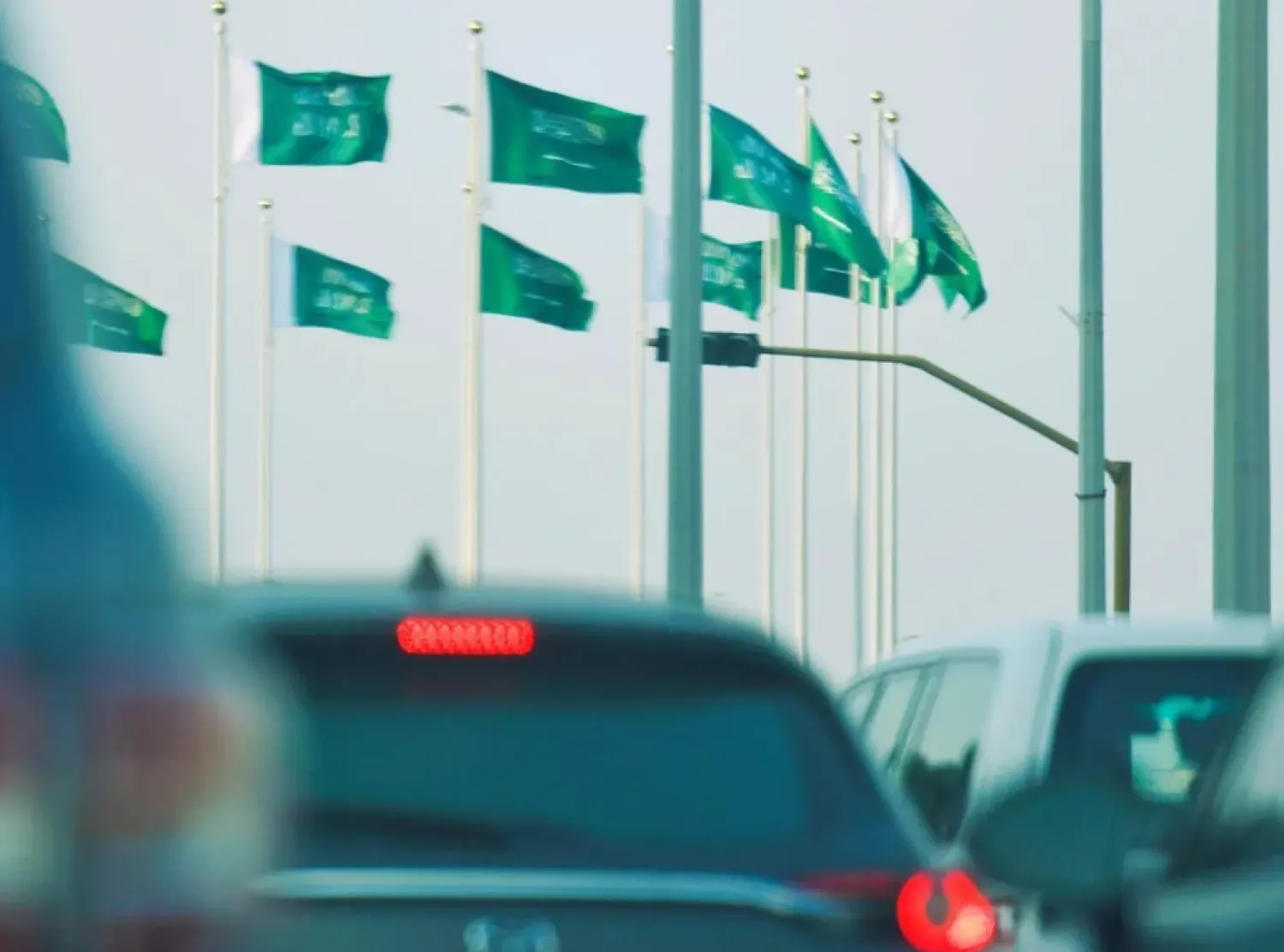It is unlikely that oil producers will exit earlier this year from the agreement to cut production between OPEC and non-OPEC countries as Kuwaiti Oil Minister Bakhit al-Rashidi announced that the market will be balanced by the end of this year, while an official of the International Energy Agency (IEA) said that it would be surprising for OPEC to exit the agreement at the June meeting.
Rashidi told reporters on the sidelines of an oil conference in Kuwait that the producers of the Organization of Petroleum Exporting Countries (OPEC) and the largest independent non-OPEC producers believe the market will balance later this year or early next year, while he personally see it will happen at the end of this year.
Rashidi added that OPEC and its allies are now looking for a permanent cooperation mechanism beyond 2018, but they are not done with agreeing on this mechanism and will discuss it more clearly later this year.
Speculations are growing that OPEC and other countries, including Russia, will end early production cuts as oil prices near three-year highs.
At the same time, OPEC and Russia confirmed this month that they would continue cutting their production until the end of the year, and confirmed their willingness to cooperate after that.
Head of oil division at the International Energy Agency (IEA), Neil Atkinson, said at the conference that OPEC-led production cuts would continue until the end of the year and that the early termination of the agreement in June would be a surprise to the market.
"It would be a surprise if OPEC ends production cut in June," he said.
During a panel discussion, Atkinson indicated that the oil market will move from surplus to slight deficit after the first quarter, but it will be fairly balanced this year, adding that growth in demand for oil will remain strong in 2018, although it may slow slightly from last year's, which may have an impact on demand.
Atkinson predicted US oil production to grow by about 1 million barrels a day this year, not far from OPEC's forecast which has always underestimated its non-OPEC supply growth. He also predicted that non-OPEC production this year would grow by 1.7 million bpd.
Kuwait Petroleum Corporation (KPC) expects to spend over $500 billion as it boosts its crude oil production capacity to 4.75 million barrels per day in 2040.
KPC Chief Executive Nizar al-Adsani announced that the company is expected to spend $114 billion in capex over the next five years and an additional $394 billion beyond that to 2040. Kuwait’s current oil production capacity is around 3.15 million bpd. It revealed the plan to lift capacity to 4.75 million bpd early last year.
Adsani also told the conference that KPC intended to lift domestic oil refining capacity to 2.0 million bpd by 2035, while ensuring maximum off-take of domestic heavy oil production and taking into consideration the need to meet local energy demand.
The company intends to expand into downstream derivative and specialty petrochemical products at facilities inside and outside the country, Adsani added.
KPC will achieve its goal of producing strategic targets, as all the projects that support these levels are in the implementation phase and will be operated according to the devised plans and time schedule, he added.
The company intends to expand into downstream derivative and specialty petrochemical products at facilities inside and outside the country, Adsani added.
Meanwhile, Kuwait aims to increase to 2.5 billion cubic feet per day in 2040, from 0.5 billion cfd expected in April 2018 and 1 billion cfd by 2023, Adsani announced.









